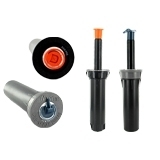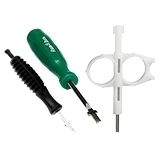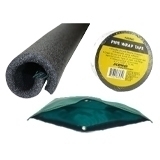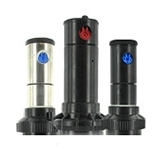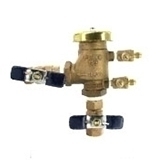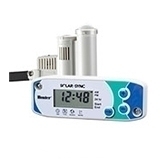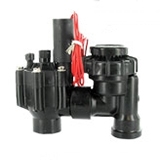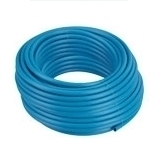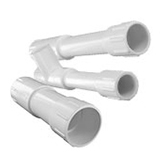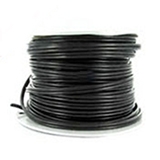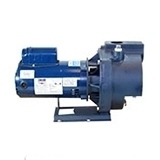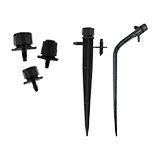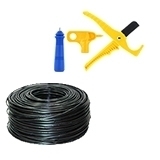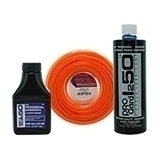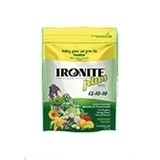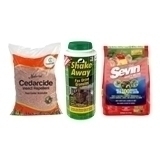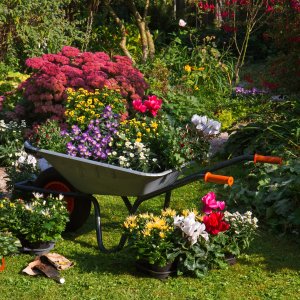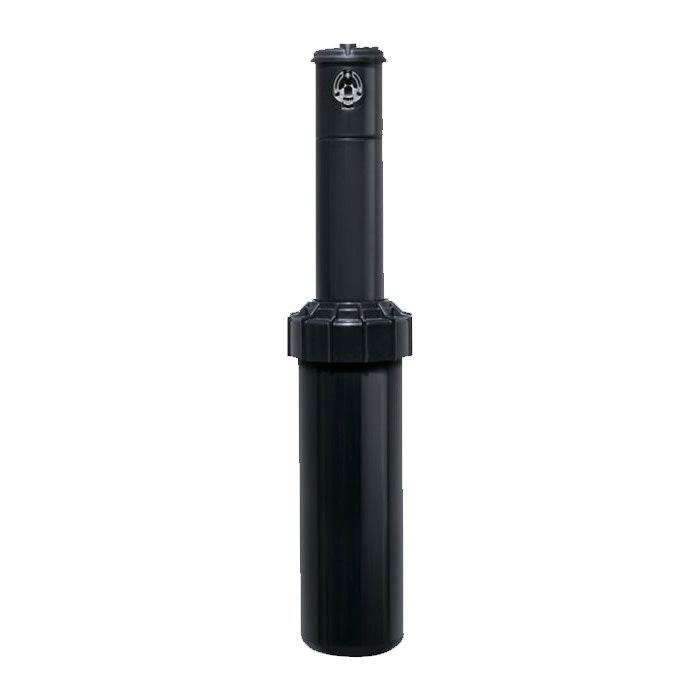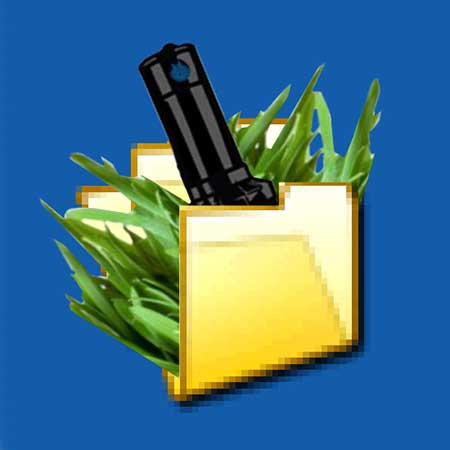Why Bees And Insects Are Important To Your Lawn
This article explains the benefits of bees, insects and other animals. We discuss how each insect contributes to your lawn as well as how you can keep them around.
How to Keep the Beneficials Around
Have you ever wondered how to get rid of those pesky bees, spiders, and other creepy crawlies in your garden or lawn? You might want to rethink this if you plan on having blooming flowers, and ripe vegetables. Especially bees, these insects help to protect your plants from non-beneficial insects that will take out your prized vegetables and bring upon diseases. Here is a list of beneficial insects that you should try to keep in your plant’s environment:
- Bees especially honey bees are some of the most diversified insects ever. They pollinate every kind of plant, including all of the fruit and vegetables you see at the store.
- Ladybugs feed on aphids and other soft-bodied insects and are attracted to flower nectar and pollen.
- Lacewings feed on flower nectar, as well as aphids, thrips, scales, moth eggs, small caterpillars, and mites.
- Hunting and Parasitic Wasps these mini-wasps often attack the eggs of pests, and are one of the most important insect groups that provide control of garden pests. They can be attracted by growing pollen and nectar plants.
- Spiders all spiders feed on insects and are very important in preventing pest outbreaks. Typical spiders found in your garden will not move inside, nor are they poisonous. Permanent perennials and straw mulches will provide shelter and dramatically increase spider populations in vegetable gardens.
- Praying Mantis rid our gardens of evildoers such as aphids.
In order to attract these types of insects, you will need to have a healthy garden. To do this, native plants are a great start. They are easy to care for and will attract many native beneficial insects. Plan out how you would like for your garden to look and don’t forget to include how you will irrigate your plants. This time of year you will want to have your starters going indoors, and checking your soil every few weeks to estimate when you can plant your natives. If you plant too early the seeds or seedlings won’t succeed and you will have wasted your money.
Start setting up your bird baths, for migrating birds, and your hummingbird feeders. Make sure they are in a well visible, but protected area. A few feet away from shrubs and trees is the most ideal. Pruning your fruit bearing trees will help bring birds migrate into your garden. Native shrubs include beautyberry, American cranberry bush, elderberry, blueberry, chokeberry, winterberry, and coralberry.



